
Green light for the 13th state pension payment

Parliament opts for status quo in the Federal Council

What should Switzerland’s direction be over the next four years? Welcome to our big 2023 election survey.
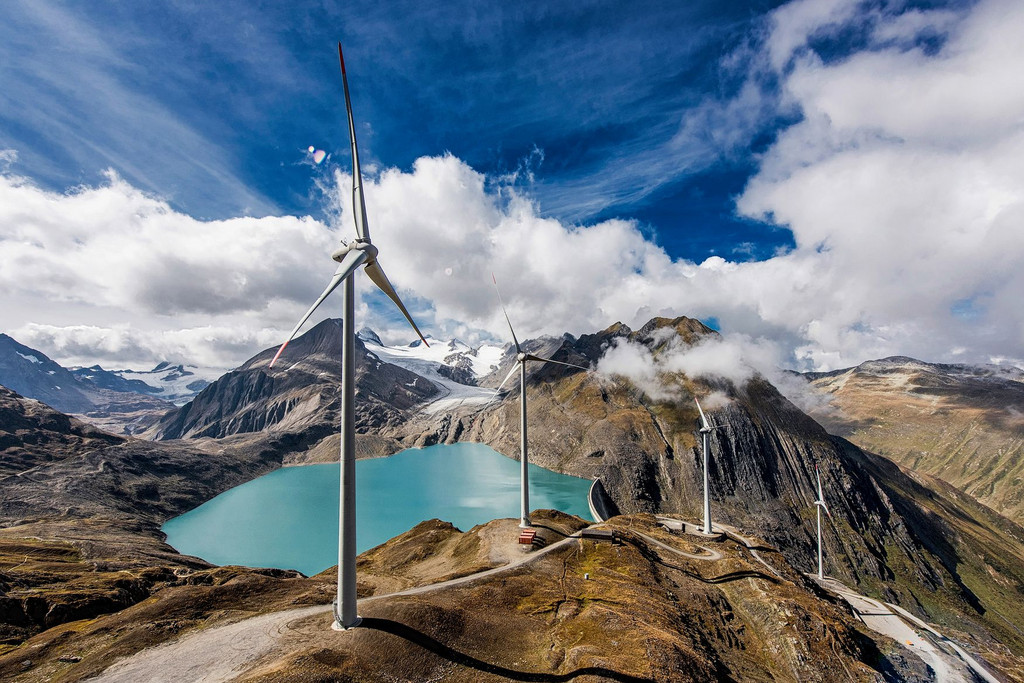
Switzerland aims to become carbon-neutral by 2050
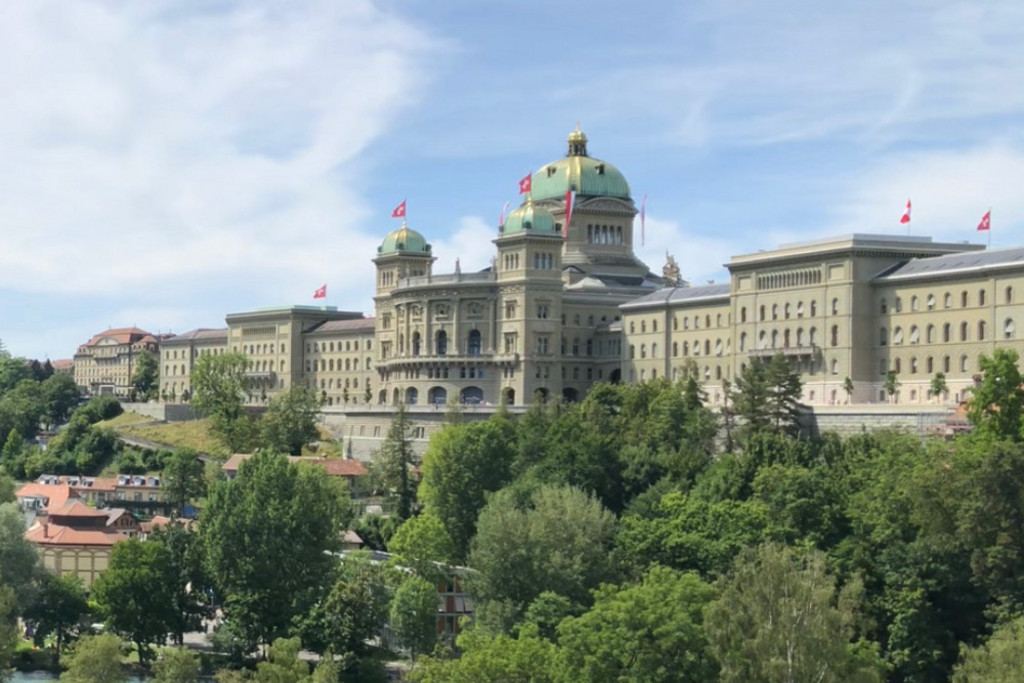
Online guidance for voters ahead of the federal elections
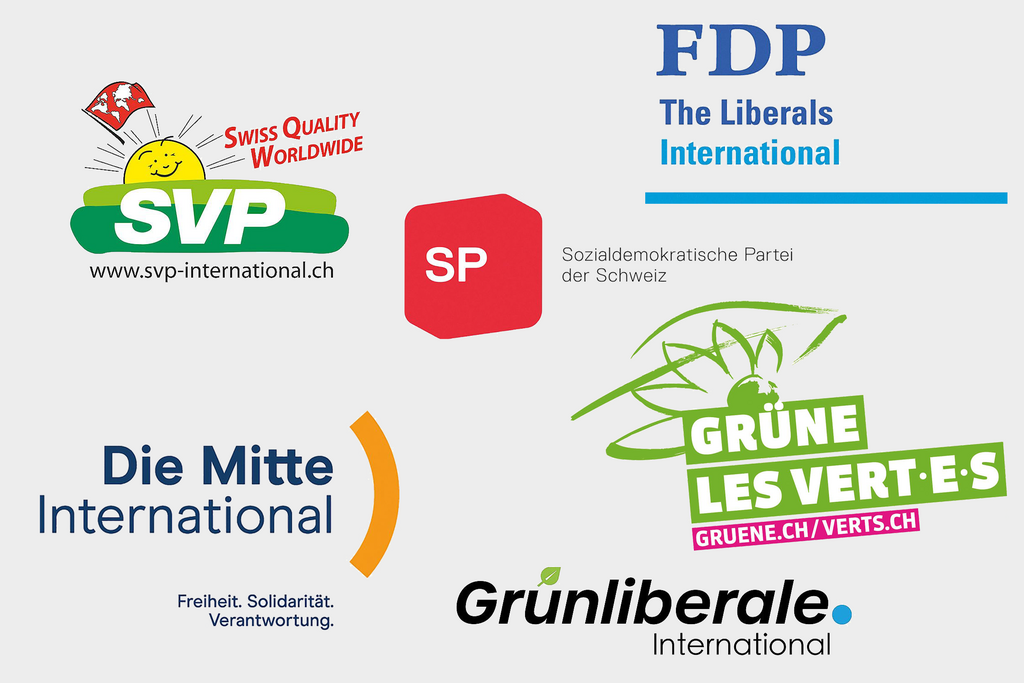
How the main political parties approach the “Fifth Switzerland”
E-voting – all hopes rest on Swiss Post
![[Translate to en:]](/fileadmin/_processed_/d/2/csm_Revue_202204_Huehnerfarm_SH-Reportage_3074_7901ca94df.jpg)



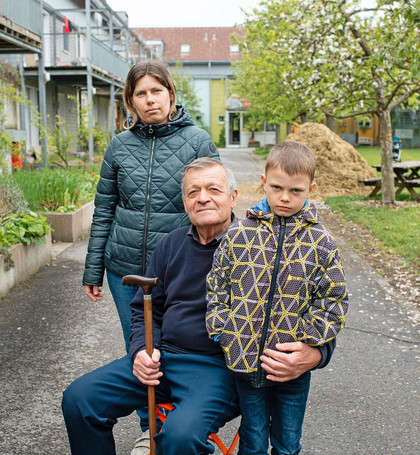
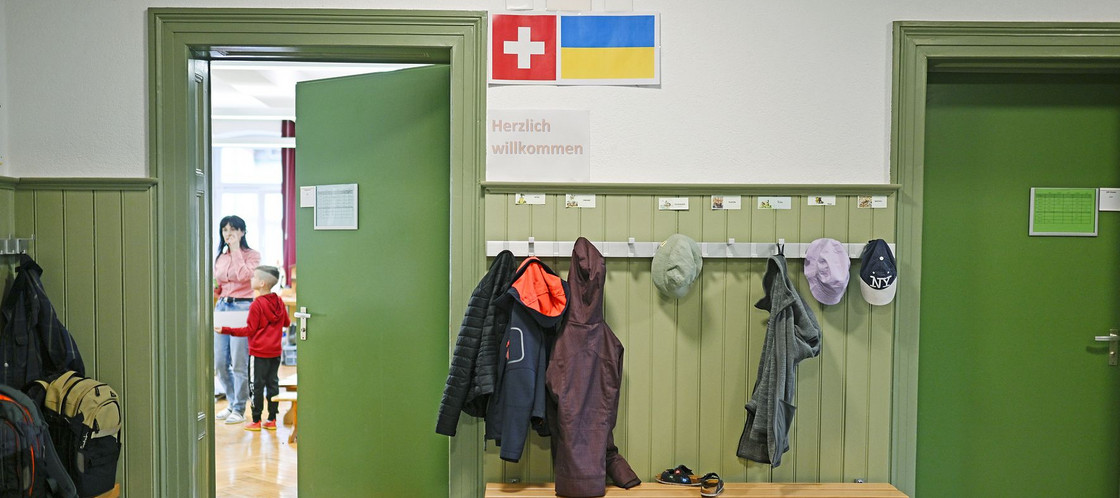
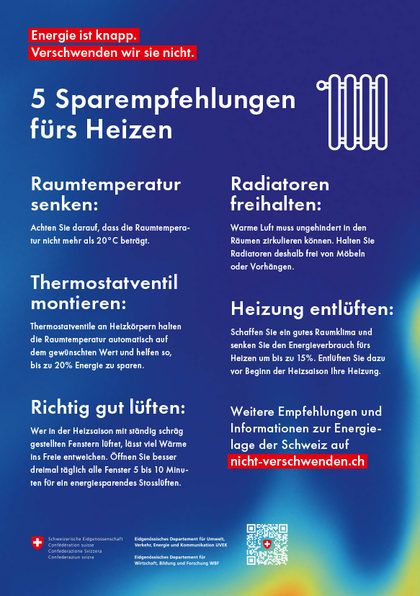
Comments